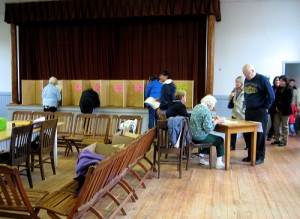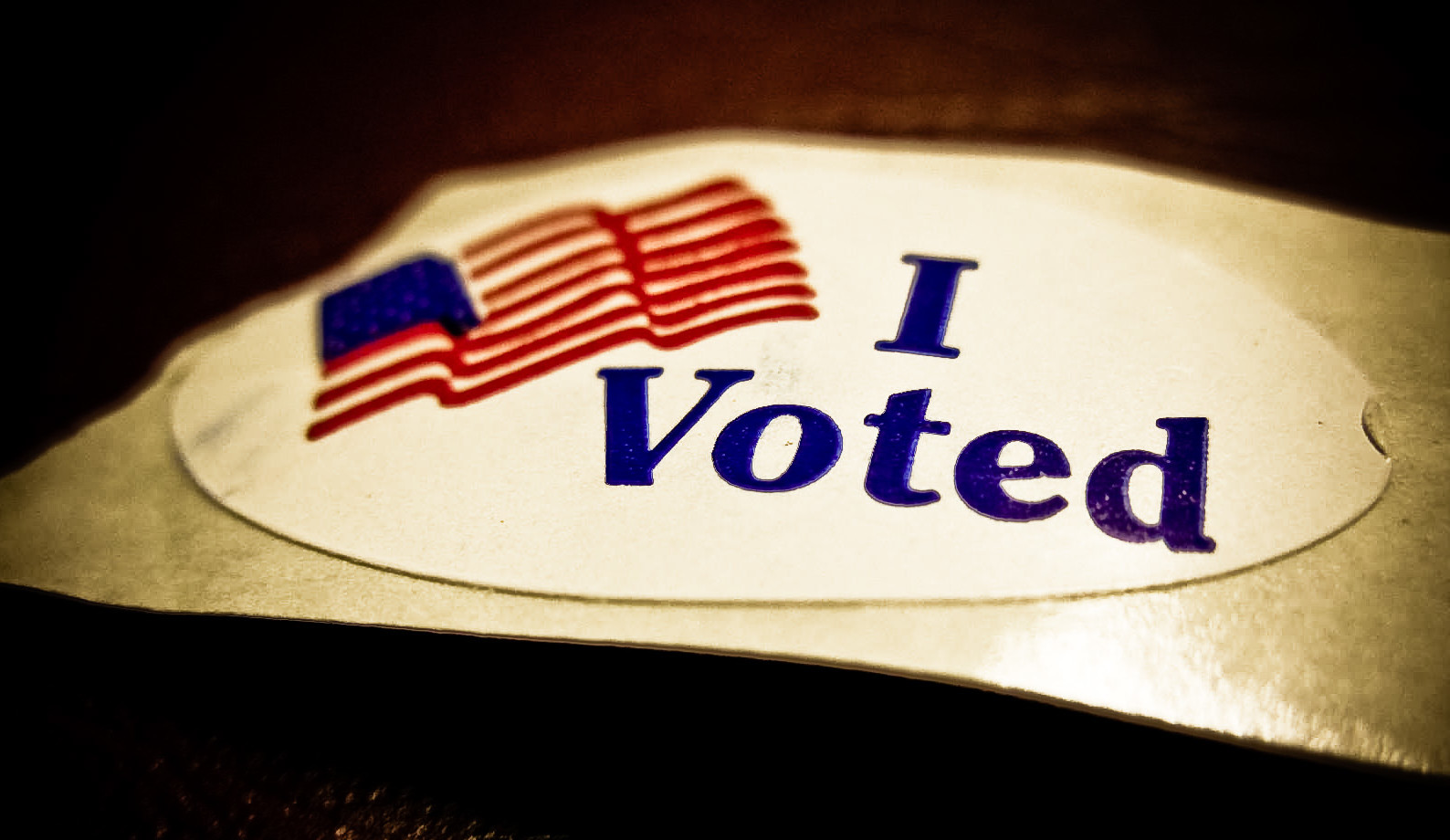
Two weeks ago, NPR aired a feature on its program “All Things Considered” that explained the debate surrounding South Carolina’s new voter identification laws (All Thing Considered feature). Some opponents of the law say that it is a violation of the Voting Rights Act because it discriminates against minorities; others say that it will cause undue difficulties during the voting process. Supporters of the law dispute these claims and say that the law’s purpose is to prevent voter fraud. Voting procedures are mentioned only obliquely in the Constitution: Article I, Sections 2 (clause 1) and 3 (clause 1) explains how often each Representative or Senator is “chosen” and Article II, Section 1 (clauses 2-4) discusses the Electoral College. Amendments 14 (suffrage for all males over 21), 15 (suffrage for African Americans), 17 (direct election of senators), 19 (suffrage for woman), 24 (no more poll taxes), and 26 (eighteen-and-older suffrage) also address voting rights; however, nowhere in the Constitution is voter fraud or voter identification addressed, making this issue difficult to rule upon. Currently, a three-judge panel in Washington, D.C. is evaluating whether the law should go into effect before this year’s election on November 6. Either way, the court’s decision will have ramifications nationwide, as many states (including Pennsylvania and Virginia, two key swing states) have similar laws.
